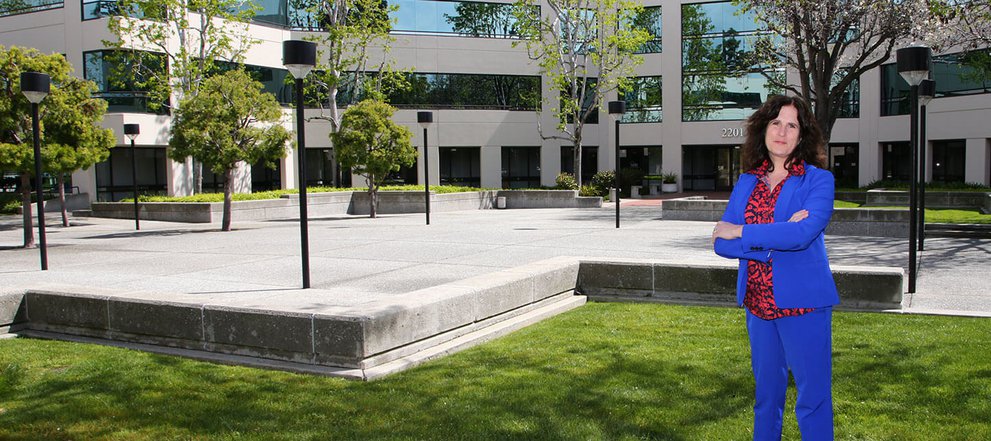Things to Consider for Commercial Real Estate Leases – for Landlords

Owning commercial property in California can be lucrative, especially when that property is located in an area that is highly trafficked and desirable for businesses in the region. At the same time, it is important to recognize that the value of a commercial property investment depends on having a strong, well-drafted lease agreement.
The lease is the basis of your relationship with a commercial tenant. It is crucial that a lease effectively protects your interests in all possible scenarios. Here, our Fremont commercial real estate lawyer highlights six important issues that landlords should consider when negotiating and drafting a commercial lease in California.
Commercial Rent (Base Rate, Utilities, Percentage Leases)
It is no secret that the most important thing for landlords is collecting rent. Rental payments are the lifeblood of commercial real estate investment. A well-drafted commercial lease will help you ensure that you are in the best position to get full and fair market value rent for your property and that you can actually collect the rent.
A commercial lease should clarify exactly who is responsible for all costs—it should specify the amount of base rate, the date it is due, and payment of utilities. In some cases, commercial rent is based, in part, on business revenue. Often referred to as a “percentage lease”, it may be a good option for some California landlords.
Duration of the Lease (Early Termination/Renewal Rights)
A commercial lease should always have a well-defined duration. Both parties need to know exactly how long their current obligations will last. Beyond that, commercial landlords should also consider including provisions that clarify what will happen at the end of the lease. Among other things, you may want to consider:
- Automatic renewal rights (first refusal rights);
- The ability to extend the lease; and
- Early termination options.
At the end of the current commercial lease term, the landlord-tenant relationship will either be extended or it will terminate. It is useful to operate under an initial commercial lease that helps facilitate a smooth transition, whatever the parties decide to do.
Alterations, Improvements, and Maintenance During the Tenancy
Commercial leases should have clear information about the commercial tenant’s ability to make any alterations to the premises during the terms of the lease, as well as information about whether you or the commercial tenant will be responsible for necessary improvements or maintenance during the tenancy.
Insurance and Indemnity
A commercial lease should always prepare for the possibility of unexpected loss—whether because of property damages or a lawsuit from a third party. This starts with insurance. While a commercial landlord will typically maintain their own insurance policy, it is important to consider whether a commercial tenant will be required to have a liability policy or another type of insurance policy as well. Additionally, commercial landlords may also want to consider some type of indemnity clause. As defined by the Cornell Legal Information Institute, an indemnification clause is a contract provision that shifts a liability risk from one party to another.
Collection of Overdue Rent and Evictions for Non-Payment
Unfortunately, not all commercial tenants live up to their responsibilities. You may run into a problem collecting rent. If so, you have the right to take immediate action against the business, potentially including initiating eviction proceedings. Your commercial lease is the basis of your ability to collect rent and evict a tenant for non-payment. A properly drafted commercial lease will ensure that you are in the best position to collect, even if a commercial tenant files for bankruptcy.
Termination of the Lease for Other Types of Contract Breaches
As a tenant, the primary obligation a business owes to its commercial landlord is a timely rental payment. Of course, that is not typically the only obligation. Landlords also need a commercial tenant who will treat their property well. In a commercial lease, you should strongly consider including a clear definition of what constitutes a breach of contract sufficient to justify termination of the lease and removal of the tenant. For instance, a commercial tenant may be removed for creating a nuisance or engaging in unlawful activity on the property.
Contact Our California Commercial Real Estate Attorney Today
Are you planning to rent commercial property to a new business tenant? You should seek advice about your commercial real estate lease from an experienced Fremont business law attorney. Attorney Lynnette Ariathurai is committed to serving commercial real estate landlords in California and can discuss the issues you should be considering in your commercial lease. Contact us to learn more about the services we provide. We serve clients in Fremont, Hayward, Milpitas, Union City, Newark, and throughout the East Bay.
business law attorney, commercial property leases, commercial real estate leases, contract agreements, contract attorney


